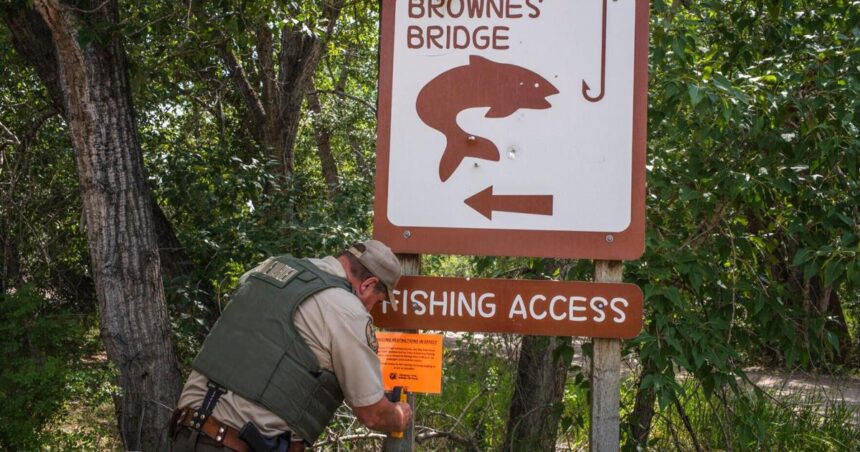As the summer heat intensifies, our rivers and streams face unprecedented stress. In these critical times, Hoot Owl restrictions — curtailing fishing during the hottest parts of the day — emerge as a necessary policy to protect one of our states most precious natural resources- our fish. This targeted approach assesses each river section by section, prioritizing the well-being of the resource above all else. Here’s why these restrictions are vital and why they work.
First and foremost, Hoot Owl restrictions are rooted in science. By assessing the biological health of each river, section by section, these measures ensure that interventions are precisely targeted where they are most needed. When water temperatures rise, fish become highly stressed, making them more susceptible to disease and mortality. By limiting fishing during these peak stress periods, we allow fish populations a chance to recover, ensuring their survival and the long-term sustainability of our waterways.
People are also reading…
Moreover, Hoot Owl restrictions are fair and equitable. They apply uniformly across all user groups — residents, non-residents, and fishing guides alike. This egalitarian approach is essential for fostering a sense of shared responsibility. Everyone who enjoys the river must play a role in protecting it. By implementing restrictions equally, we emphasize that the health of the fish and the river ecosystem is a collective concern, transcending individual interests.
The success of Hoot Owl restrictions lies in their adaptability and responsiveness. Unlike blanket bans, these measures are adjusted based on real-time assessments of river conditions. This flexibility ensures that restrictions are lifted as soon as conditions improve, minimizing inconvenience while maximizing ecological benefits. This dynamic approach not only protects fish populations but also maintains the recreational and economic value of our rivers, striking a balance between conservation and enjoyment.
Critics may argue that these restrictions are a hindrance to recreational fishing. However, the long-term benefits far outweigh the temporary limitations. By calling on all to embrace Hoot Owl restrictions, we are investing in the sustainability of our natural resources. It is a small sacrifice for a significant gain — preserving a resource for future generations to enjoy.
Will Israel is executive director of Montana Outfitters and Guides Association.





